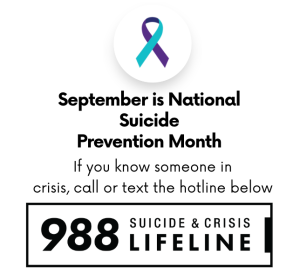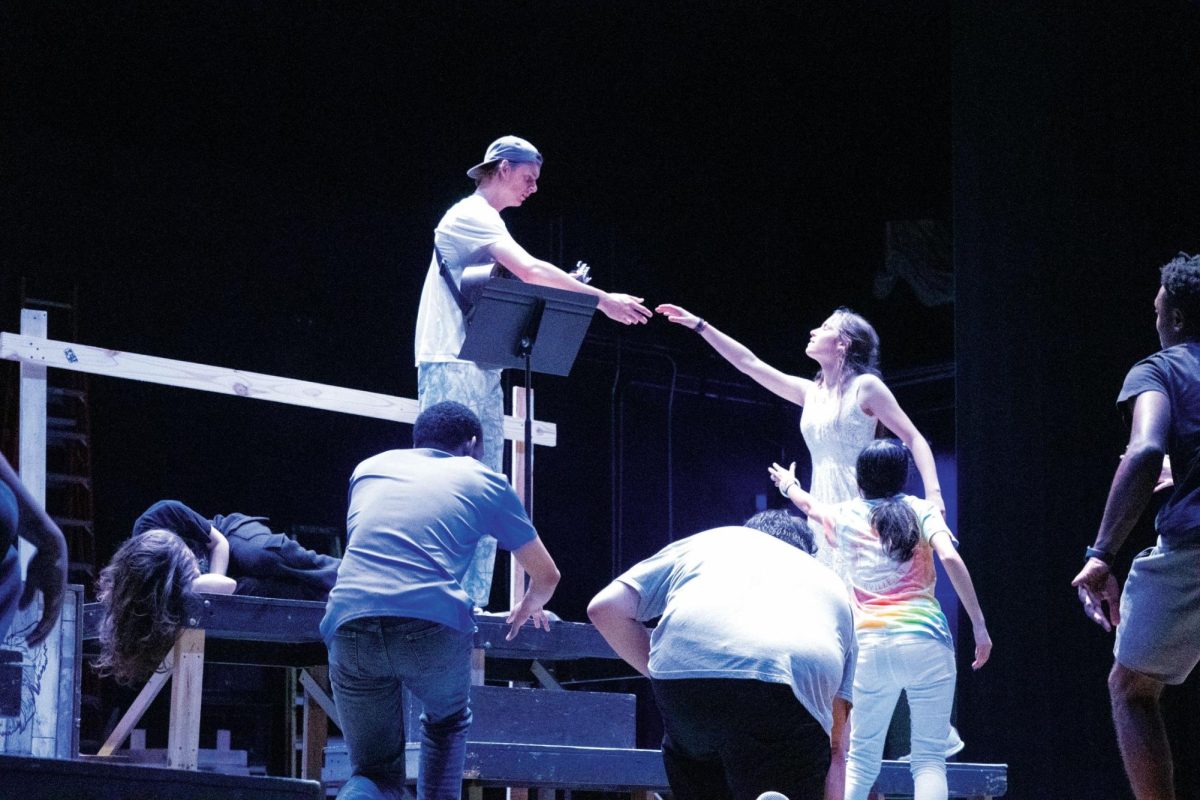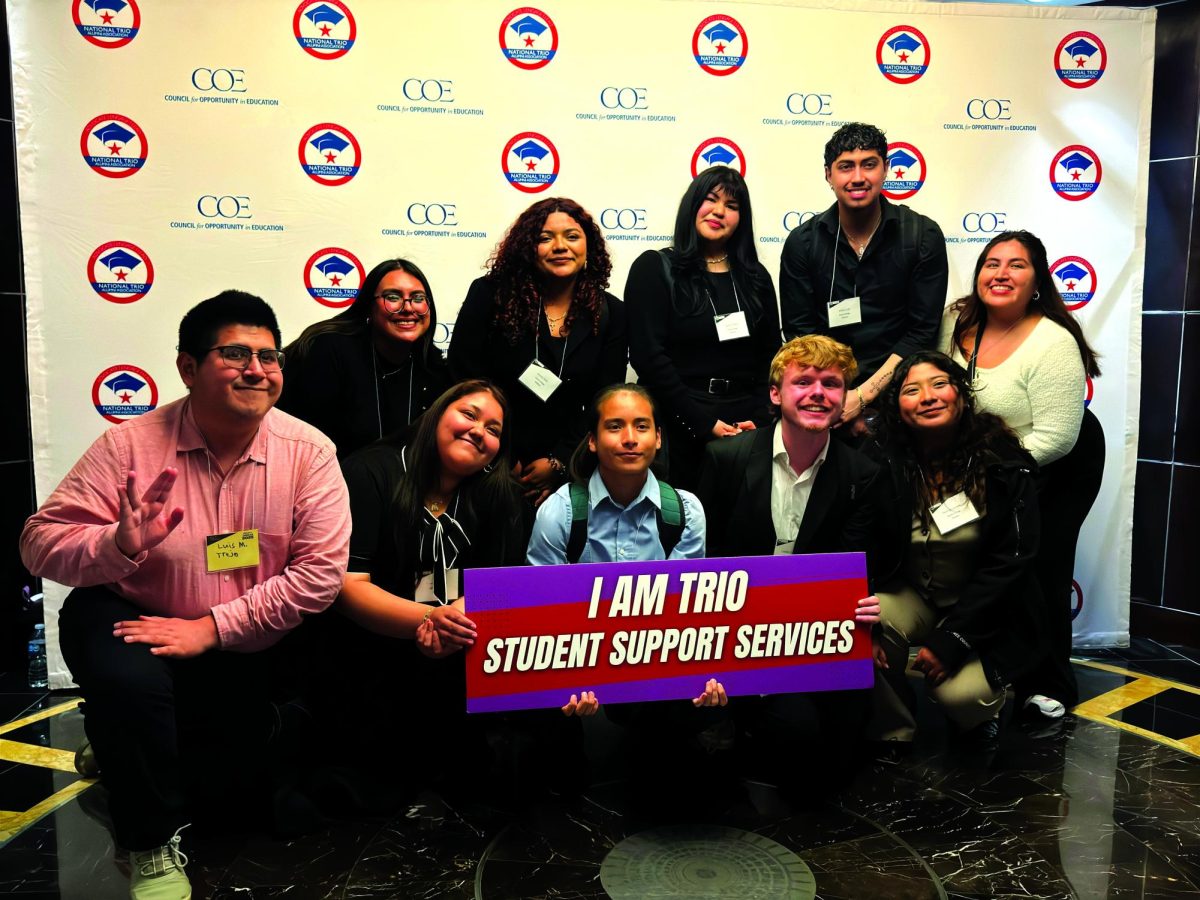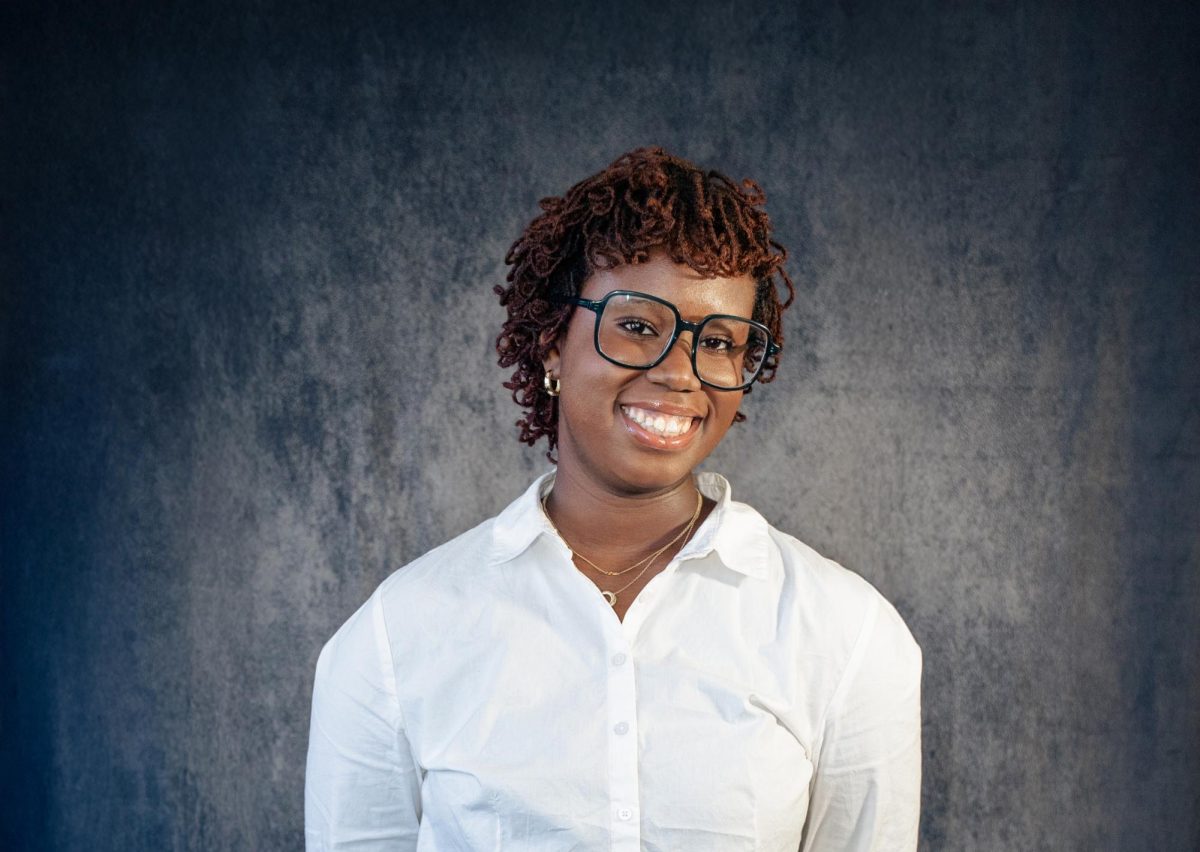September has been recognized as National Suicide Prevention Month in the United States since September 2008. It’s an important topic to bring awareness to since it’s something so many people struggle with yet it’s often considered taboo to discuss. As of 2021, the Centers for Disease Control (CDC) reported suicide as the 11th leading cause of death overall in the United States. According the World Health Organization more than 720,000 people die from suicide each year worldwide. Given that the CDC states more than 90% of those who attempt suicide survive, those numbers are staggering and show that this is an issue that effects far more people than one may realize.
When discussing suicide there are a few key differences in terminology that would be helpful to understand, especially the difference between being suicidal and having suicidal ideation. If a person is having suicidal ideations it is defined as having thoughts of self harm and/or suicide. These ideations can escalate to being suicidal — classified as a person who has a specific plan and takes steps to act on that plan. When a person first has thoughts of suicidal ideation it can be frightening and overwhelming, but knowing others share these thoughts can be life changing. Suicidal ideation doesn’t always progress to being suicidal, and seeking help immediately is an important step to prevent those thoughts from progressing to a fully suicidal state.
Thankfully, the topic of mental health is becoming increasingly less taboo in the U.S. and resources for those in crisis have improved drastically during the last 20 years, both in quality and availability, including here at Eastfield. The college has a counseling center here that can help students who might be experiencing suicidal ideation or are suicidal.
Many students may feel like they are the only one who struggles with suicidal ideation, but the numbers tell a different story. According to Allison Abbey, one of the counselors here on campus, “Counseling and Psychological Services (CAPS) saw over 1,700 students (not including walk-ins) for counseling services in the last academic year.” Students who seek help through CAPS do so for a variety of reasons, as Abbey said: “There is no problem too big or too small to talk about in counseling. The most common presenting concerns over the last academic year were anxiety, stress, depression, family concerns, trauma, self-esteem and confidence, social isolation, academic performance, financial stress, and suicidality.”
If a student is not in a crisis situation and would like to speak to a counselor for any reason there are several ways to reach out. Students can visit their campus counseling center or call 972-669-6400 and request assistance in making a counseling appointment. Once a student is ready to ask for help, waiting for an appointment can feel overwhelming, but Abbey assured, “We [CAPS] do our best to get students on the schedule as soon as possible.” If the idea of meeting with someone new is overwhelming, students can visit the “Meet the Counselors” page on the Dallas College website where they can take a look at the CAPS team, view their specialties, and campus locations. If you see a counselor you’d like to work with, simply click on the “Make an Appointment” link below their name while logged into your Navigate360 account. This can be helpful for students who would feel more comfortable speaking to a counselor of a certain gender or specialty.
A lot of students may be afraid to ask for help when they are in a crisis situation. Abbey confirmed that the counselors are all trained to handle crisis situations stating: “The safety and well-being of our [Eastfield] students are our number one priority and we want to do whatever we can to provide support for them as they navigate a challenging time, especially if they are having thoughts of harming themselves. Students in crisis can go directly to their on-campus counseling center and request to speak with a counselor that same day. Students can also call 972-669-6400 and inform the person answering the call that they need to urgently speak with a mental health counselor. The student will be routed to a mental health counselor for assistance.”

Besides the resources available on campus, there are many other resources out there. Students can text 988, the 24/7 National Suicide and Crisis Lifeline where the student can talk directly with a trained professional. Students of color can text STEVE to the Crisis Text Line at 741741 to speak with an urgent care counselor dedicated to supporting the mental health and emotional wellbeing of students of color. There are also organizations that help to spread awareness and offer support, including a non-profit called To Write Love On Her Arms. Visit the website www.twloha.com to learn more.
So what should a person do if a friend is the one who is struggling with suicidal ideation? Abbey’s advice is to: “Listen without judgment, tell them you are worried about them and don’t want them to die, and point them to resources such as the campus counseling center or 988. If you aren’t with your friend and you’re concerned they will hurt themselves, call 911.”
If you are struggling, Abbey said: “You are not alone. This world needs you.” It won’t always be dark and hard, and the world would never be the same without you. It sounds so cliche, but personal experience has shown this to be true — that it really does get better, you just have to keep going.







